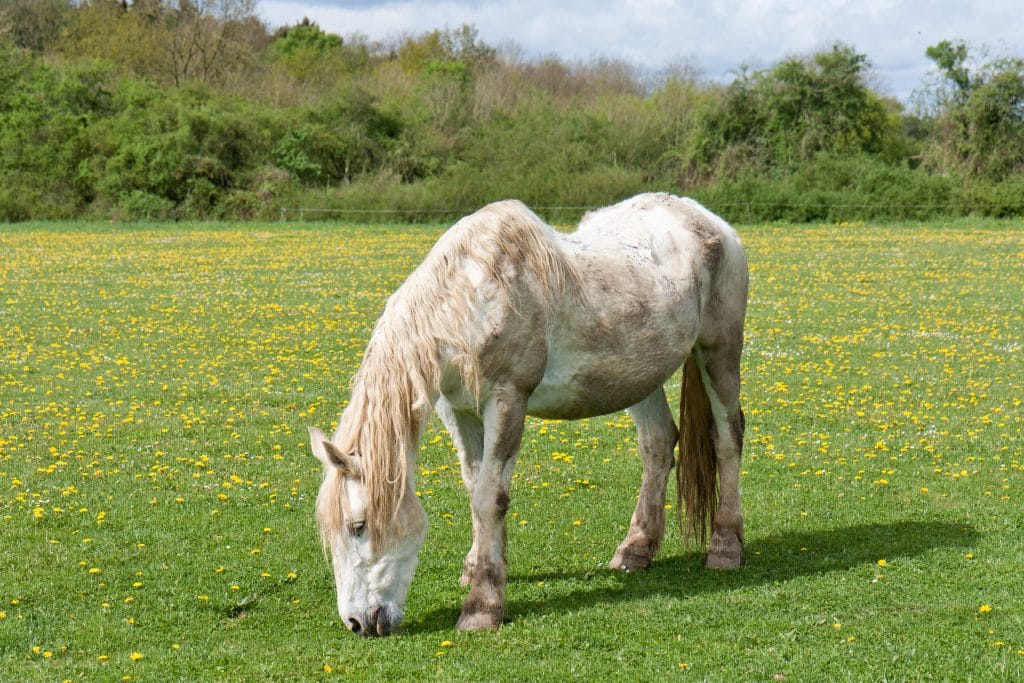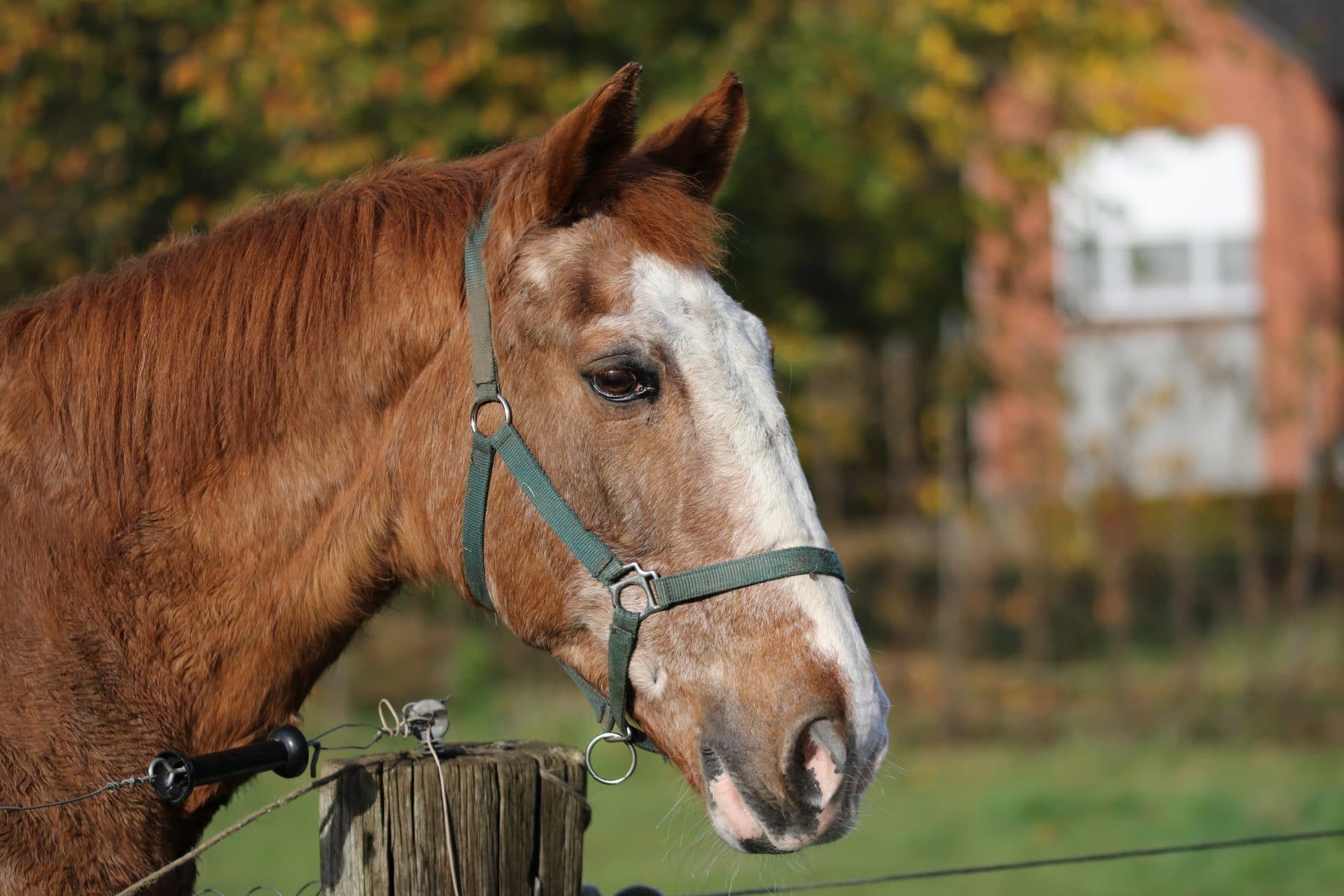The average lifespan of a horse can vary according to the species (genetic capital), according to their “career” (leisure, intensive sport, etc.) but also according to the maintenance and care they receive (regular monitoring and work). In the past, the life expectancy of a horse was around 25 years, but today it has evolved to around 30 years.
What is the average age of a horse depending on the breed ?
Not all horse breeds are equal when it comes to ageing. Smaller breeds of horses, such as Fjords or Icelandic horses, can live to be between 30 and 35 years old. Their growth is completed later than other horses (about 7-8 years). The average life span of a larger horse goes down a bit, and differs again between breeds. Cold-blooded breeds, which are already mature at 3 or 4 years of age, generally live until about 18 years of age. In contrast, the average age of thoroughbred horses is closer to 25, depending on their “sporting career”.
The oldest equines ever recorded were 62 years old for a horse and 56 years old for a pony. These cases remain exceptional and do not reflect the “classic” life span of a horse! To calculate the equivalent of a horse’s age in “human age”, we generally multiply a horse’s year by 3.5. For example, a 10 year old horse is equivalent to a 35 year old human. A horse reaching 20 years of age is considered “old”, but this depends very much on how long the horse has lived.
What are the signs of ageing in horses ?

There are several physical signs that may lead you to believe that your horse is ageing. These include a sagging back, muscle wasting, clouding of the eyes, hollowing of the saloon, grey hair and mane, slower chewing (teeth may move or fall out), development of osteoarthritis in various parts of the body, etc.
In addition to these physical problems, hormonal problems can also occur. For example, the pituitary gland, which is involved in many bodily functions, may be disrupted. Laminitis, failure to shed, or increased water intake or urination are signs that should not be taken lightly. Kidney and liver disease can also occur. Do not hesitate to call your veterinarian if you observe any abnormal behaviour in your aging horse.
Unlike humans, horses are rarely prone to developing tumours. Some melanomas or sarcoids can occur with age. Melanomas tend to develop mainly in grey horses. Sarcoids are small or large warts, which can appear anywhere on the horse’s body. The decision to remove them should be made in consultation with the vet.
What can cause a horse to die ?
Strictly speaking, only 0.6% of horses die of old age! This means that it is often diseases or pathologies linked to old age that cause their death. Many horses die from colic, caused by the development of lipomas or fatty tumours in their digestive tract, leading to twisting of the digestive tract. Horses also suffer from cardiac arrest, particularly in former racehorses and high performance sports horses. Infectious diseases account for 10-15% of the causes of death in horses, particularly in equestrian centres where the population density of horses is higher.
How to increase the life expectancy of your horse ?
Although ageing itself cannot be avoided, your horse’s longevity will depend heavily on the care you give it. Good care by an equine dentist will prevent dental problems, which can be very problematic if left unattended. The right diet is also the key to ensuring your horse’s good health. Royal Horse S-350 is ideal for covering all the needs of your senior horse.
Regular training is also essential to avoid muscle atrophy or generalized arthritis. It is also important from a moral point of view, as the transition from work to retirement can be brutal for the horse. It is therefore necessary to gradually adapt the pace of work to the horse’s capabilities.



